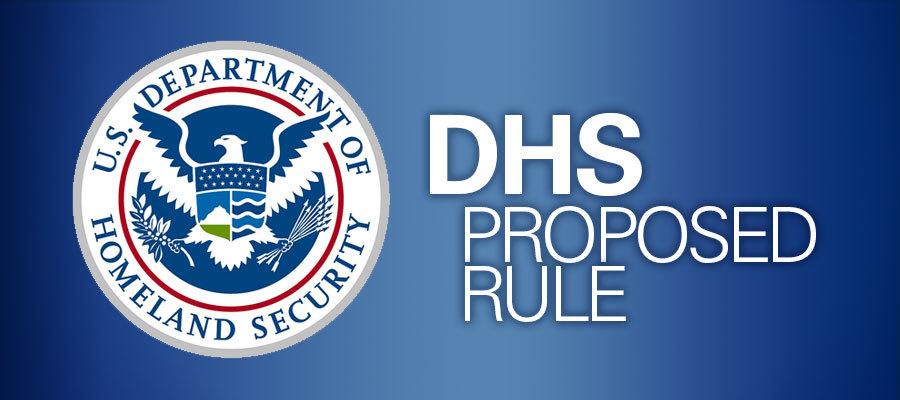DHS proposed rule would exclude Medicaid, other benefits from public charge determinations

The Department of Homeland Security today released a proposed rule that would exclude noncash benefits, such as the Children’s Health Insurance Program and most Medicaid benefits, when making a public charge inadmissibility determination for noncitizens requesting admission to the United States or permanent residency. The rule also would exclude disaster assistance received under the Stafford Act; pandemic assistance; benefits received via a tax credit or deduction; and Social Security, government pensions or other earned benefits, DHS said. The proposed rule will be published in the Feb. 24 Federal Register with comments accepted for 60 days.
The Biden Administration last year removed from the Code of Federal Regulations a public charge rule that made immigrants who used certain public benefit programs, including Medicaid, ineligible for visas or permanent U.S. residency. The AHA and other hospital groups supported several legal challenges to that rule, which they said would deter immigrants from seeking health care to which they are entitled and would harm the health of patients and the hospitals that serve them.

